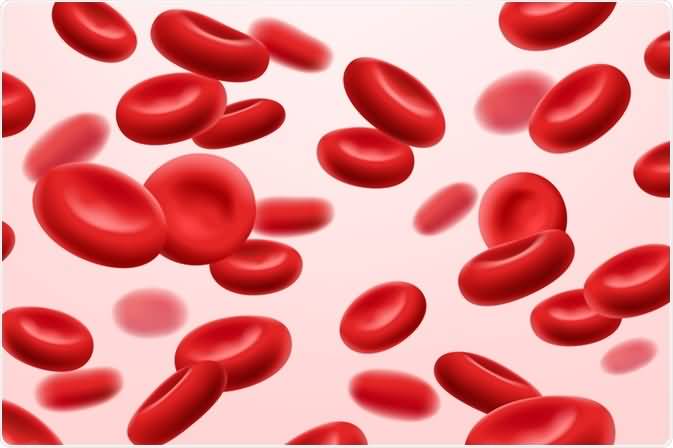Anemia happens when your red blood cells are in short supply.
Red blood cells carry oxygen from your lungs to all parts of your body, giving you the energy you need for your daily activities.
Anemia can cause you to:
Look paleFeel tiredHave little energy for your daily activitiesHave a poor appetiteHave trouble sleepingHave trouble thinking clearlyFeel dizzy or have headachesHave a rapid heartbeatFeel short of breathFeel depressed or “down in the dumps”
Why do people with kidney disease get anemia?
Your kidneys make an important hormone called erythropoietin (EPO). Hormones are secretions that your body makes to help your body work and keep you healthy. EPO tells your body to make red blood cells. When you have kidney disease, your kidneys cannot make enough EPO. This causes your red blood cell count to drop and anemia to develop.
Are all people with kidney disease at risk for anemia?
Most people with kidney disease will develop anemia.
Anemia can happen early in the course of kidney disease and grow worse as kidneys lose their ability to work well and make EPO.
Anemia is especially common if you:
Have diabetesHave moderate or severe loss of kidney function (stage 3 or 4)Have kidney failure (stage 5)Are female
How is anemia treated?
Drugs called erythropoiesis stimulating agents (ESAs) ESAs help your body make red blood cells.
ESAs will usually be given to you as an injection under the skinExtra iron Your body also needs iron to make red blood cells especially when you are receiving ESAs. Without enough iron, your ESA treatment will not work as well. Iron can be given to you as a pill, or administered directly into a vein in your doctor’s office or clinic.
Not having enough EPO (a hormone made by your kidneys) is the most common cause of anemia in patients with kidney disease. EPO tells your body to make red blood cells. When your kidneys no longer make enough EPO, treatment with an ESA can help.
How much ESA will I need?
it depends on:Your current hemoglobin levelHow well you respond to treatment with ESAThe type of ESA you receive There are different types of ESAs available—short-acting ESAs or long lasting ESAs. You and your doctor will decide which type is best for you. Speak to your doctor if you are ever discharged from a hospital. Your doctor may want to modify your anemia treatment plan to maintain your target hemoglobin.
